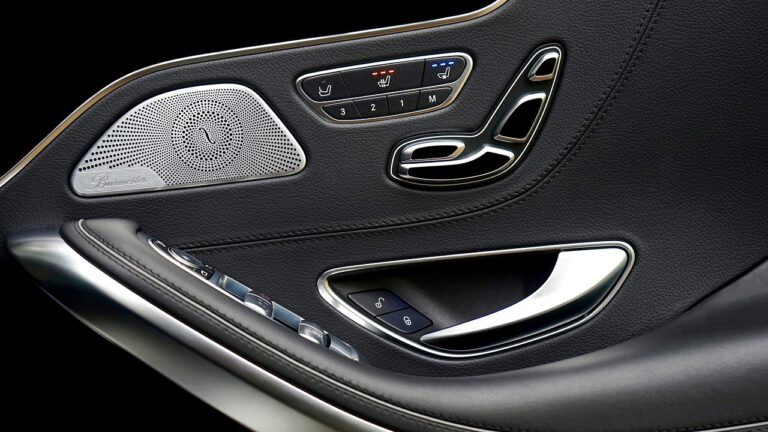The Impact of Cybersecurity Threats on Connected Car Services
Connected car services have revolutionized the way we interact with our vehicles. These services encompass a wide range of features, including navigation assistance, remote vehicle monitoring, entertainment systems, and connectivity with other devices. With the integration of advanced technology, connected car services provide convenience, safety, and enhanced driving experiences to consumers.
One prominent aspect of connected car services is the ability to remotely access and control certain functions of the vehicle through a mobile app or online platform. This feature allows drivers to start their cars, adjust climate controls, lock and unlock doors, and even locate their vehicles in crowded parking lots. The convenience of being able to perform these tasks from a distance adds a new level of efficiency and comfort to daily driving routines.
Understanding Cybersecurity Threats
In today’s digitized world, the pervasiveness of technology in our vehicles has brought about a new wave of cybersecurity threats. As cars become more connected through features like GPS navigation, Bluetooth, and internet connectivity, they also become vulnerable to cyber attacks. These threats range from remote hacking of vehicle systems to unauthorized access to personal data stored in the car’s onboard computers.
One of the primary cybersecurity risks facing connected cars is the potential for malicious actors to take control of critical systems, such as steering, brakes, or acceleration. By exploiting vulnerabilities in the car’s software or network connections, hackers could compromise the safety of both the vehicle’s occupants and others on the road. Moreover, the collection of sensitive information within connected cars, such as location history, driving patterns, and personal data synced from smartphones, opens up avenues for privacy breaches and identity theft.
What are some common cybersecurity threats to connected car services?
Some common cybersecurity threats to connected car services include remote hacking, ransomware attacks, unauthorized access to vehicle systems, and data breaches.
How can I protect my connected car services from cybersecurity threats?
To protect your connected car services from cybersecurity threats, you can ensure that your vehicle’s software is up to date, use strong and unique passwords, be cautious of public Wi-Fi networks, and invest in cybersecurity solutions.
What are the potential consequences of a cybersecurity breach in connected car services?
The potential consequences of a cybersecurity breach in connected car services can include physical harm to passengers, theft of personal information, vehicle theft, and financial loss.
How can I stay informed about the latest cybersecurity threats in the connected car industry?
You can stay informed about the latest cybersecurity threats in the connected car industry by following cybersecurity news websites, attending industry conferences and seminars, and staying in touch with cybersecurity professionals.







